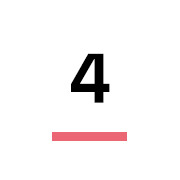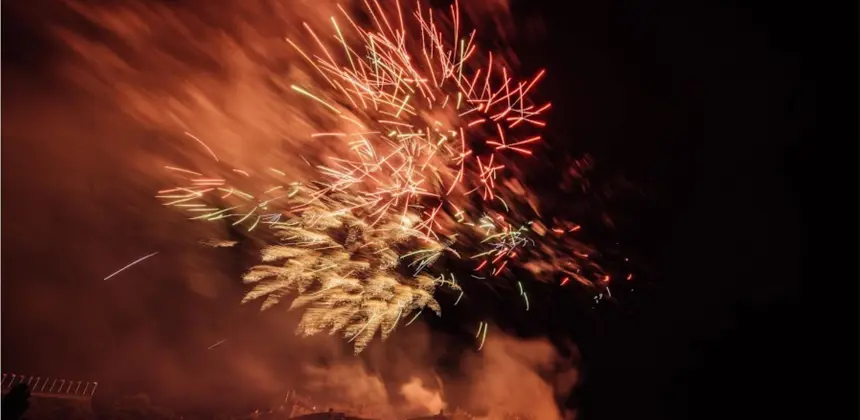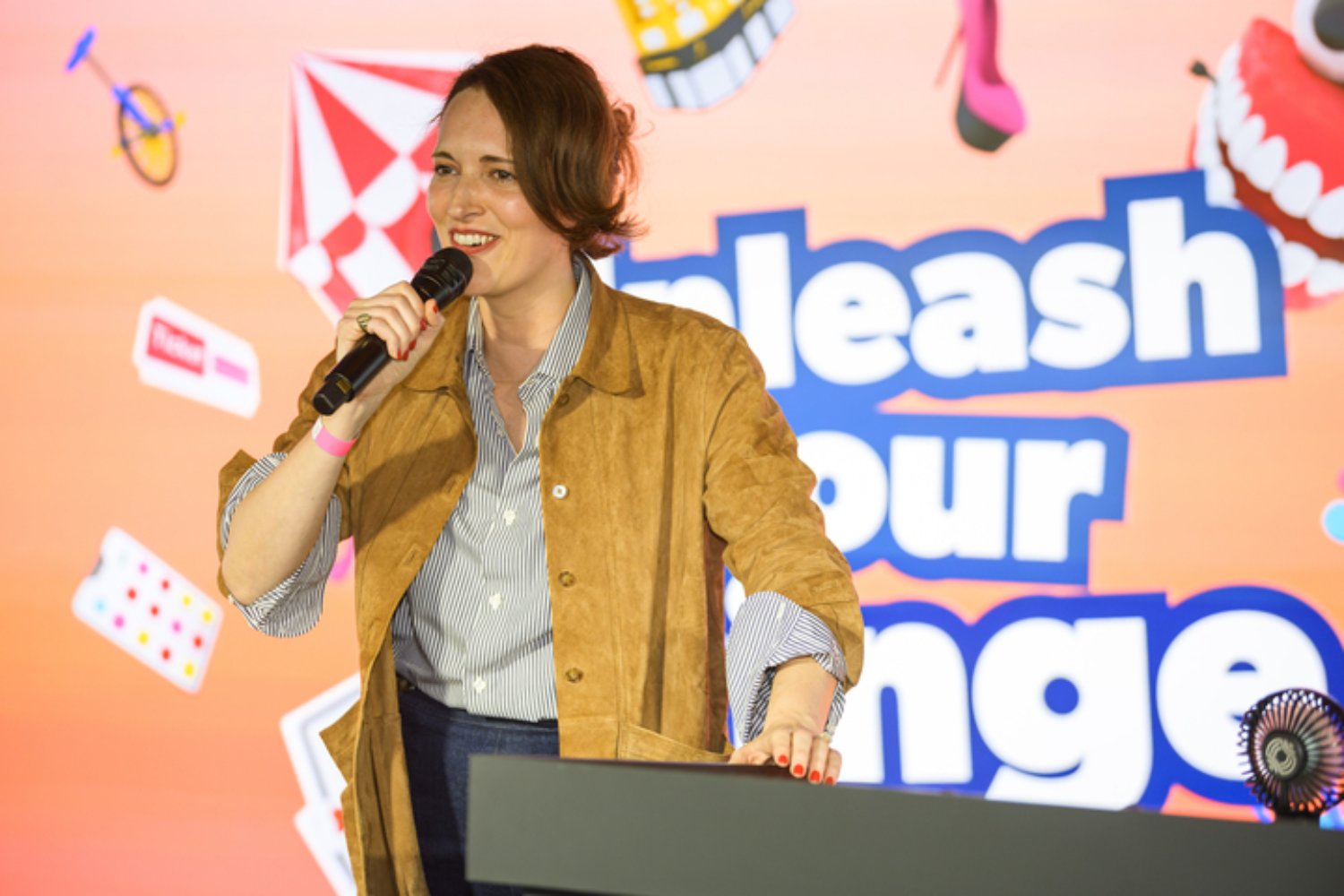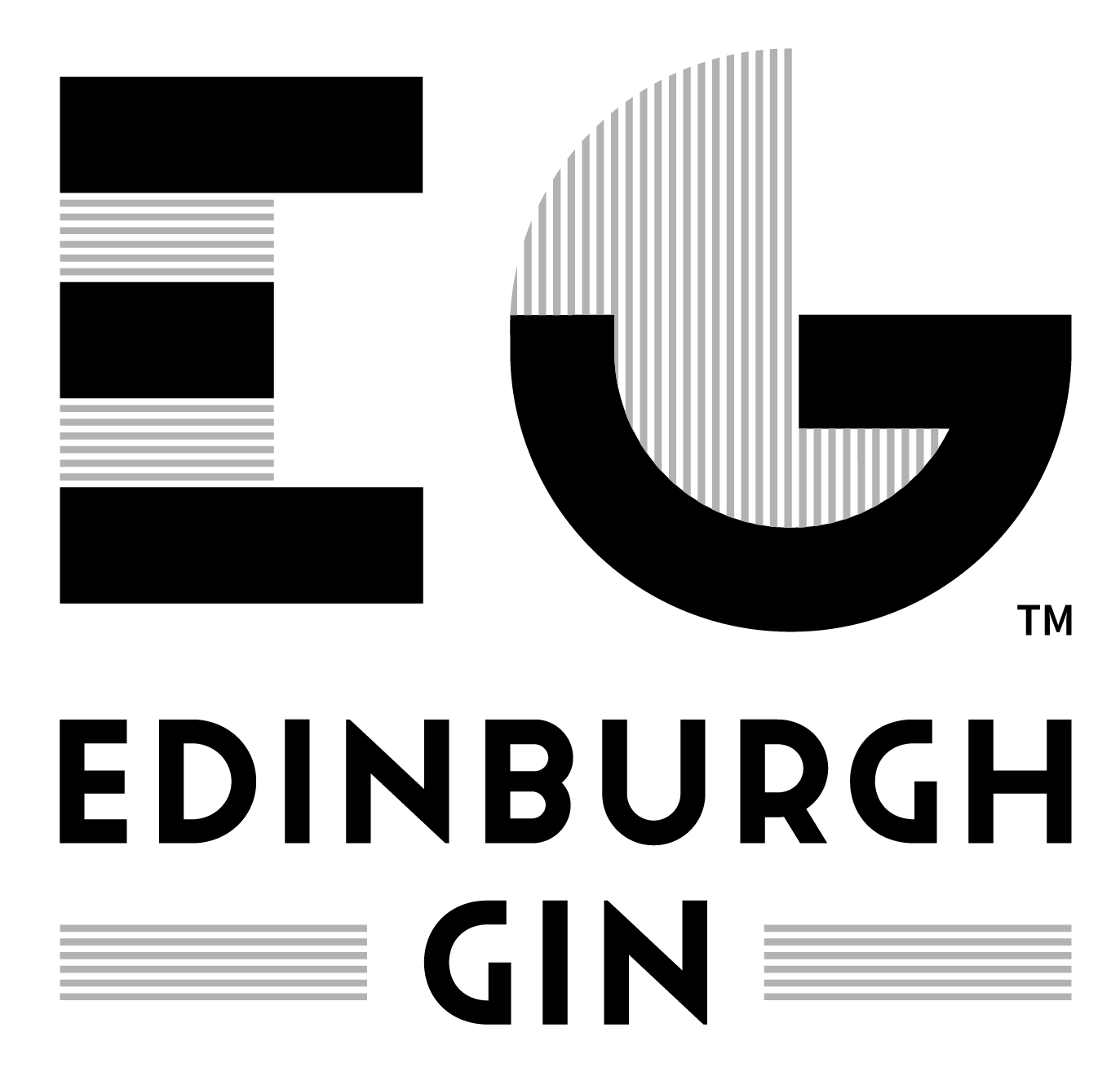The Edinburgh Festival Fringe is renowned as one of the greatest celebrations of arts and culture on the planet.
An important part of Scotland’s cultural heritage, and a vital access point to the arts, it is open, inclusive, pioneering, and experimental. The Edinburgh Festival Fringe Society’s vision is, “to give anyone a stage and everyone a seat”. To help us achieve this, we have set out six Fringe Development Goals designed to ensure the long-term renewal of the festival and a vibrant, sustainable future.
Our Give Someone a Stage fund supports the Fringe Development Goals and sets out to remove barriers both to participating in and attending the Fringe. As we work to build a better, more accessible and sustainable Fringe, the fund will be used to level the playing field for artists and audiences, and improve the infrastructure that supports them, providing the opportunity to reap the rewards that the Fringe has to offer.
Your donations will make a difference
Each Development Goal sets ambitious targets designed to ensure the long-term renewal of the festival










